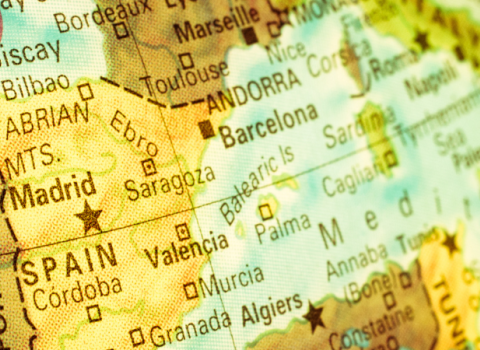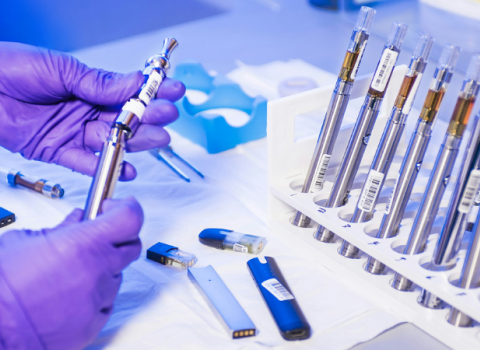
Biotech investment has slumped 79 per cent in Europe.
Investment has dried up. In the US it’s down 62 per cent and in Europe a staggering 79 per cent, compared with the first half of last year, the report revealed.
The delegates who left the coal face and gathered in Paris this week for EuroBio, the life science event of the French EU Presidency, are no doubt only too aware that conditions are difficult. But the statistics indicate there are even starker times ahead, as current funding runs out, with no hope of it being replenished.
The stock markets have turned their back on the high-risk biotech sector. The number of initial public offerings was down 86 per cent in Europe and 99 per cent in the US, while secondary public offerings were down 82 per cent in Europe and 93 percent in the US in the first half of 2008 compared with the corresponding period for 2007.
Overall stock market investment in the biotech sector was down 91 percent in Europe and 66 per cent in the US during the same period. Private equity investment in the sector fared slightly better in the first half of this year, with venture capital investment falling a mere 19 per cent in Europe compared to 38 percent in the US.
On a brighter note profitability so far remains close to the bumper year last year, but it been maintained largely thanks to the US biotech firms, rather than their smaller European brethren, the report said.
Indeed, the US continues to dominate the sector. Its 1,502 biotech firms are well over twice the size of their European equivalents, employing on average 130 staff, compared with 47 in Europe's 1,744 firms. They generated $68.4 billion in sales last year, compared with $20 billion in Europe.
While the Asia-Pacific region remains a small player, accounting for just 4 per cent of the global market, it is expanding rapidly. Revenues there totalled $4 billion, up 21 per cent compared with 2006.
“Europe continues to lag far behind the United States,” said France Biotech’s President, Dr. Philippe Pouletty.
Within Europe, he said French companies have become more competitive and are closing the gap with their more advanced biotech neighbours, the UK, Germany and the Scandinavian countries.
The UK still dominates the European biotechnology sector. Last year it attracted 37 per cent of total investment for the sector. Meanwhile, funding in France outstripped German funding, the report said.
Although Europe still lags far behind the US in terms of revenue generation and the size of its biotech industry, it turns out more biotech breakthroughs. According to France Biotech it can lay claim to 67 per cent of all innovative biotech medicines that arrived on the market last year.
The product portfolios of European companies continue to reap the benefits of years of investment in R&D. The number of products in preclinical and clinical phases rose 9 per cent last year compared with 2006, while the number of Phase II products increased 18 per cent, the report said.
As patents expire on more and more conventional medicines, and the big pharmaceutical groups struggle to make new breakthroughs, biotech drugs and treatments now account for over half of all innovations in the field of medicine, the report found.
The trend towards personalised medicines continues apace both in Europe and the US, France Biotech said. Many US and European biotechnology companies have developed such products in response to demand by health authorities. “Eighty per cent of new drugs this year will be aimed at these niche markets,” the report said.





 A unique international forum for public research organisations and companies to connect their external engagement with strategic interests around their R&D system.
A unique international forum for public research organisations and companies to connect their external engagement with strategic interests around their R&D system.